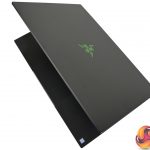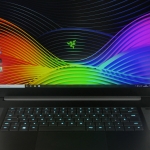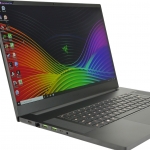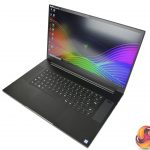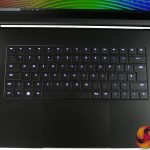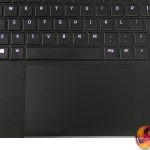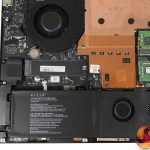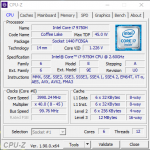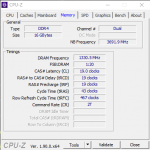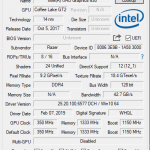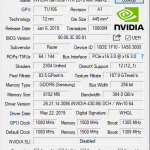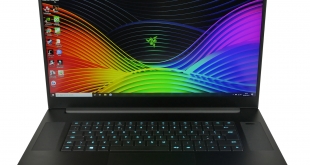
The Razer blade 17 has had another refresh for 2019 with upgrades to improve performance and now features a more refined chassis similar to the Razer blade 15. Our sample features a i7 9750H and RTX 2070 Max Q with a retail price of £2679.99 – is this the ultimate thin gaming laptop for 2019?
Gallery:
Specifications:
- Screen Type: 17.3″ Full HD, 1920 x 1080, IPS, 144Hz, 100% sRGB, 16:9 aspect ratio, matte screen
- Screen Resolution: 1920×1080
- Back light: LED
- Processor: Intel® Core™ i7 9750H (2.6 GHz up to 4.5Ghz base)
- Graphics: NVIDIA® GeForce RTX™ 2070 Max-Q Design (8GB GDDR6 VRAM)
- Storage: 512GB M.2 SSD (NVMe PCIe 3.0 x4)
- Memory: 16GB dual-channel SO-DIMM (DDR4, 2666MHz), Max Supported up to 64GB
- Operating System: Windows 10
- USB Ports: 3x USB 3.2 Gen 2 Type-A Ports, 2x USB 3.2 Gen 2 Type-C Ports (Shared with Thunderbolt 3 Port), 1x Thunderbolt 3 Port
- Network Wireless: Wi-Fi 6 (Intel AX200) (802.11/a/b/g/n/ac/ax)
- Ethernet: 1x RJ45 – 2.5Gb Ethernet
- Bluetooth: Bluetooth 5
- Display Ports 1 x HDMI 2.0b
- Dimensions 395 x 260 x 19.9 mm (WxLxD)
- Weight 2.75 Kgs with battery
- Card Reader: UHS-III SD Card Reader
- Webcam: HD webcam 720p
- Keyboard: Razer Chroma RGB
- Touch pad: Glass Touch pad with Microsoft Precision Touch
- Battery: 70.5WHr lithium polymer battery
This laptop uses the new hexa-core i7-9750H processor and has a base clock of 2.6GHz but is rated to turbo boost up to 4.5GHz under load on a single core. The i7-8750H it replaces was rated at 2.2GHz but with a turbo boost up to 4.1GHz under load. During testing I saw a maximum all core boost clock speed from the i7-9750H in the Razer Blade Pro 17 of around 4.29Ghz.
The 16GB of memory is DDR4 and runs at a speed of 2667MHz. The GPU-Z screenshots show both the Intel integrated graphics and the dedicated Nvidia RTX 2070 Max Q. The RTX 2070 Max-Q features 8GB of GDDR5 memory and has a default clock of 1080MHz and a rated boost clock of 1305MHz. However, during testing I did notice the boost clock peaked at 1890MHz and managed to maintain near to this impressive boost clock most of the time.
 KitGuru KitGuru.net – Tech News | Hardware News | Hardware Reviews | IOS | Mobile | Gaming | Graphics Cards
KitGuru KitGuru.net – Tech News | Hardware News | Hardware Reviews | IOS | Mobile | Gaming | Graphics Cards



